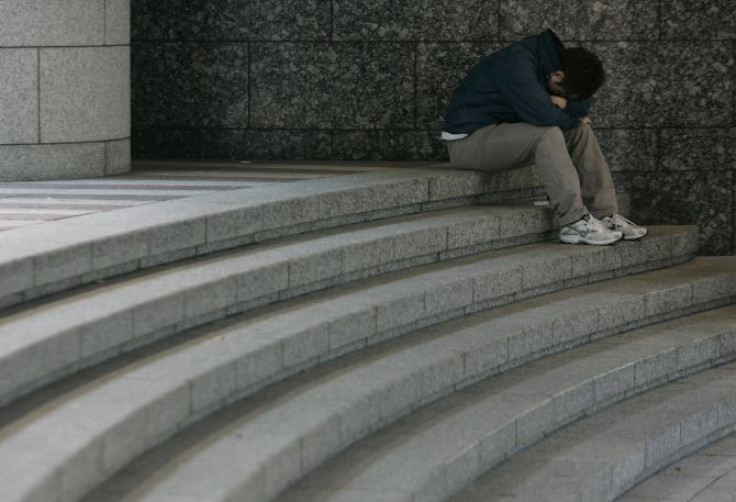Feeling Down Triples the Risk of Dying From Stroke in Older Adults

Feeling down triples the risk of death from stroke in older people, a new study suggests.
The study, published in the journal Stroke, reveals that having high psychosocial distress significantly increased the risk of stroke and death by stroke in people over the age of 65.
Researchers explain that psychosocial distress is a broad concept that includes depression, stress, a negative outlook and overall dissatisfaction with life.
In the decade-long study, researchers followed 4,120 people in the Chicago Health and Aging Project for rates of death and stroke incidents. Researchers said that because some of the participants were involved in an HMO, only 2,49 participants were analyzed for rates of incident stroke.
The average age for the participants was 77 years old. Of all the participants, 62 percent were women and 61 percent were African American.
In total there were 151 deaths from stroke and 452 events that led to first time hospitalization for stroke.
Researchers found that participants with the most psychosocial distress were three times more likely to die from stroke and 54 percent more likely to be hospitalized for the first time because of stroke compared to those who were least distressed.
The findings held true even after researchers accounted for race and sex.
Researchers measured psychosocial distress using four indicators: perceived stress, life dissatisfaction, neuroticism and depressive symptoms. For each indicator, higher scores represented higher levels of psychosocial distress.
"People should be aware that stress and negative emotions often increase with age," senior author Susan Everson-Rose, an associate professor of medicine and associate director of the Program in Health Disparities Research at the University of Minnesota in Minneapolis, said in a statement. "Family members and caregivers need to recognize these emotions have a profound effect on health."
In another analysis, researchers found a significant association between psychosocial distress and risk of hemorrhagic stroke (bleeding), but not ischemic stroke (caused by blood clot).
"There was about 70 percent excess risk for each unit increase in distress that wasn't explained by known stroke risk factors," Everson-Rose explained. "So there must be other biologic pathways at play linking distress to hemorrhagic stroke in particular."
Researchers recommend that relatives and health professionals pay close attention when older people complain of distress and recognize that these symptoms of psychological distress can lead to dire physical outcomes.



























